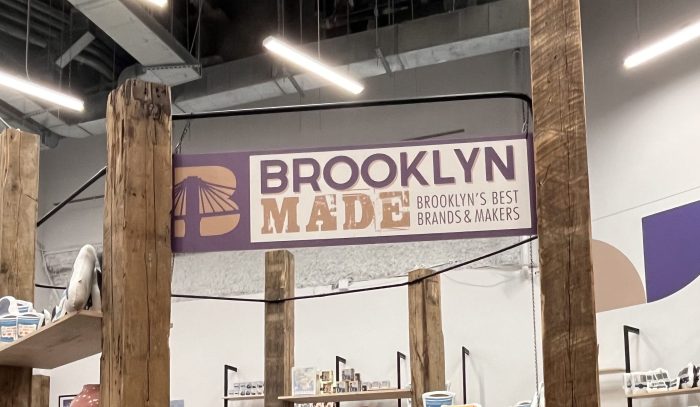“The Wolf of Wall Street” depicts a boiler-room culture in which brokers bilk customers of hundreds of millions of dollars and then launder their ill-gotten gains to buy mansions, Ferraris, yachts, personal aircraft, hookers and pharmacopoeias of recreational drugs.
Leonardo DiCaprio, who plays the pathologically corrupt rogue trader Jordan Belfort in the film, said in a Manhattan news conference he hoped to depict “Caligula and all the debauchery that comes with it.” The movie is “an American epic of greed,” DiCaprio said.
Is the Wall Street bacchanal still going on?
“Pump ‘n’ dump” boiler rooms peddling bogus or overvalued stocks may have been more prevalent in the 1980s and 1990s, “but they were always the small scams,” said William K. Black, a former financial regulator and specialist in elite financial fraud.
“The big scams are now run out of the ‘C’ suites, where the CEOs and CFOs have their offices,” said the associate professor of economics and law at University of Missouri-Kansas City and author of “The Best Way to Rob a Bank Is to Own One.”
Belfort’s sleazy firm, Stratton Oakmont, is small potatoes compared with the massive, surgical theft that has occurred more recently on Wall Street, said Black, noting that the billions of American households lost from the savings and loans scandal in the 1980s was “quaint” in relation to the $11 trillion lost in the more recent home loan crisis — and the untold sums we stand to lose in the future. “The weapon of choice for today’s criminals is accounting” and bankruptcy-for-profit schemes, Black said. “We’ve created a criminogenic environment — an environment that produces wide-scale fraud because fraud pays and no one gets prosecuted.”
But technology — ever-present cameras and recorders on cellphones, surveillance systems, government monitoring and a trend to DIY investing and the Internet — has profoundly altered the expression of pathological greed and sexual rapaciousness, say those who know Wall Street.
For debauchery, traders so inclined “have to go someplace that is not so public; they go to their computers (for porn) or to Bangkok or Vegas,” said Andy Russell, CEO and co-founder of Host Committee, a party organizing service that caters to a Wall Street crowd. In an increasingly competitive city, the orgiastic nightlife enjoyed by traders in the 1980s and early 1990s has now given way to networking earlier in the evening, energy conservation for early morning get-ups and even romance, said Russell.
“For criminal stuff now, they’re doing it by (communicating in) code,” because flagrant illegality is just too dangerous, added Richard Roth, a business and securities litigator and owner of The Roth Law Firm. Traders and others on Wall St. “are worried about federal surveillance,” and “much more worried about things that could land them behind bars,” in part due to high profile prosecutions of executives at SAC Capital and Goldman Sachs Group, Roth said.
While women are still shockingly underrepresented in positions of power on Wall Street and sexism remains rampant, behavior is less outrageous because sex discrimination lawsuits become slam dunks when it is revealed that firms spend company funds on strip clubs and prostitutes. Too, Roth noted, many firms such as Stratton Oakmont “no longer exist: They’ve just shut down.”
Too, boiler rooms are so yesterday’s bonfire. “It doesn’t make sense to be in that kind of business anymore because the internet changed everything,” explained Nelson Gomez, a Wall St. compliance officer. “What’s replaced it is spamming and phishing – a lot of the criminality has moved into the technological sphere,” or been taken over by affinity con men who exploit the trust given them by other members of their group (i.e Bernie Madoff), explained Gomez.
The wolves have been defanged in part because “the public no longer needs stockbrokers to make money. They think, ‘I can make money on my own!'” by investing with discount brokerages, and those who do want help can swiftly research the history of any purported adviser or broker on the internet before surrendering cash, Gomez explained.
In the early 1990s Gomez found himself working at a firm in which he was pressured to do unethical things, and he resigned. The scenes depicted in Belfort’s book, “The Wolf of Wall Street” are dead-on regarding the expression of men’s lesser natures in that milieu, he said, and the reason “I became a compliance officer.” His decision to quit, Gomez said, was “a conscience thing: Do I want to get to heaven? Do I want to be known for this? Is it right to sell clients stocks you don’t believe in?”

















